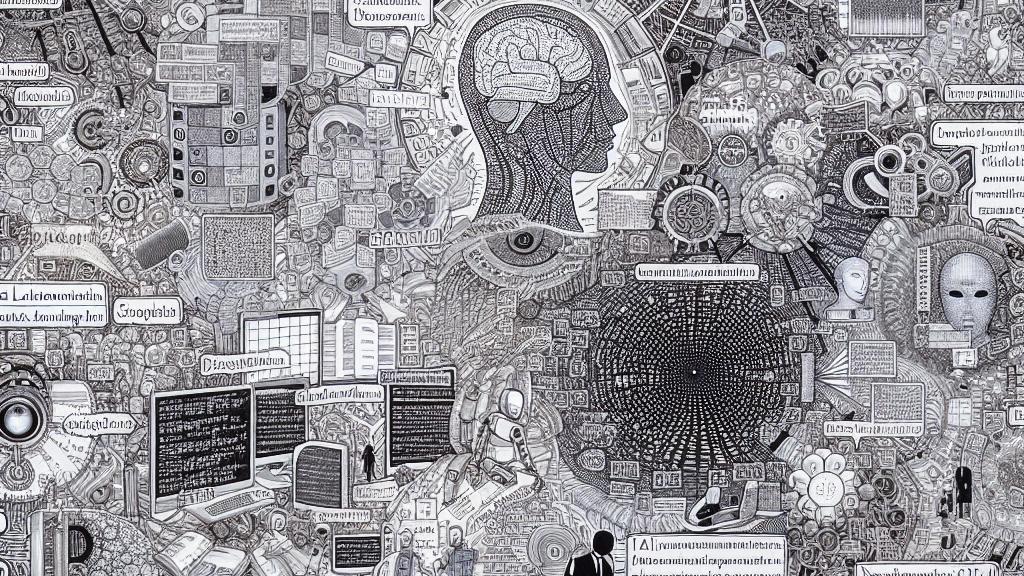Historical Perspectives on AI in Language Tasks
Overview
- Discover the captivating evolution of AI's role in language tasks across five decades.
- Explore how foundational research has led to today's powerful large language models (LLMs).
- Understand the vital importance of data privacy in the age of rapid technological advancement.

The Roots of AI in Language Processing
The story of artificial intelligence (AI) in language processing is a compelling journey that began over fifty years ago in Japan. Back then, researchers ventured into the uncharted territory of machine learning, grappling with intricacies that would eventually shape natural language processing (NLP). From basic algorithms that struggled with context, we have reached a point where cutting-edge AI, such as OpenAI's ChatGPT, produces remarkably coherent and human-like text. This remarkable transformation from rudimentary approaches to sophisticated large language models (LLMs) not only illustrates scientific advancement but also fundamentally alters how we communicate with technology in our everyday lives. Imagine, for a moment, having a conversation with a machine that understands not just words but nuances and context—this is the power of today's AI!
From Historical Perspectives to Modern Applications
Today, the applications of AI reflect decades of innovation and a clear trajectory toward excellence. Companies like IBM have been at the forefront, investing heavily in their NLP capabilities to create tools that can automate and enhance communication. For instance, IBM's Watson has gone beyond simple question-answering to interpret complex queries, summarize lengthy documents, and even aid in drafting creative writing. Picture a scenario where you’re querying a chatbot for support; the immediate, insightful responses you receive are thanks to models trained on vast datasets and refined through years of research. This not only highlights the impressive progress made but also paints a vivid picture of a future where AI seamlessly integrates into our lives, revolutionizing how we share ideas and access information.
Privacy Considerations in the Age of AI
Yet, with great power comes great responsibility, particularly concerning privacy and data protection in this digital age. The widespread use of cookies enables a personalized web experience, but it also poses significant risks. Imagine visiting a site that tailor-fits your browsing; it’s convenient, yet it raises a critical concern about how your personal data is being used. Regulatory frameworks, such as the GDPR, serve to safeguard consumers, ensuring that their consent and privacy are safeguarded in a world increasingly reliant on AI. Thus, as we marvel at technological advancements, it's imperative that we maintain a culture of vigilance—where protecting personal data is not overshadowed by the excitement of innovation. Balancing innovation with accountability will allow us to fully embrace the potential of AI without sacrificing our fundamental privacy rights.

Loading...